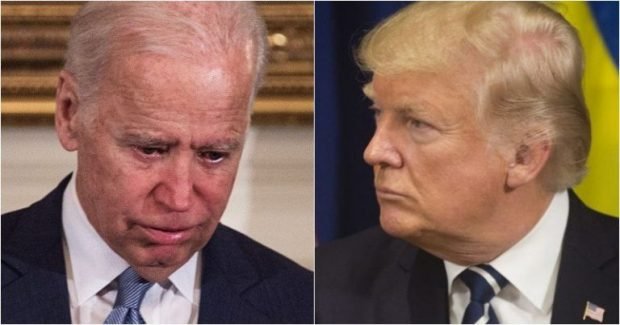
Judges have a responsibility to decide whether a plea bargain is in the interests of justice — especially so when the specter of politics hangs over the plea bargain, as it does when it involves the son of the sitting president.
I predicted that the Delaware federal judge would refuse to accept the plea bargain between Hunter Biden and the Justice Department without making further inquiry. Most other commentators believed she would.
Judge Maryellen Noreika was correct in questioning both sides about the meaning of the bargain and about its implications for further inquiry into matters that were not included in the current investigation. She correctly refused to accept the plea bargain on the current record.
The Constitution limits the power of federal judges to deciding actual cases and controversies. They are not given roving commissions to do justice if there is no dispute in front of them. Therefore judges are reluctant to interfere in agreements that have been arrived at by both parties, since there is no longer a controversy after an agreement has been reached.
The courts have ruled, however, that judges have a responsibility to decide whether a plea bargain is in the interests of justice. This is especially so when the specter of politics hangs over the plea bargain, as it truly does when it involves the son of the sitting president.
Justice must not only be done; it must be seen to be done. In this case it is anything but clear whether justice has been done, and it is crystal clear that it has not been seen to be done by many rightfully skeptical Americans.
Both sides must now go back to the drawing board and see if they can come up with a resolution that satisfies the judge. I predict they will, because both sides benefit from resolving this case without a contentious trial.
Yet it will not be easy to resolve at least one important difference: the defense wants this plea bargain to resolve all matters and to allow Hunter Biden to be free of any possibility of future prosecution.
The prosecution would prefer to hedge its bets in the event that further evidence shows that crimes other than the ones already investigated may have been committed. Both sides are worried that if Donald Trump were to reclaim the presidency, he would have his justice department go after what he calls the “Biden crime family“ with a vengeance.
A compromise is still possible whereby the prosecution agrees that the matter is closed, subject only to new information of serious crimes — potential crimes that can be identified in the plea bargain itself.
Even if the two sides can agree, the judge should still hold a hearing at which Attorney General Garland and Delaware’s United States, David Weiss, are questioned as to whether Mr. Weiss did or did not have the authority to investigate beyond the borders of Delaware.
If he did not have that authority, or if he believed he was limited to his own state, then the judge should refuse to accept the plea bargain, because it would have been based on an incomplete and inadequate investigation. This would be especially true if the plea bargain were to be changed or interpreted to preclude further investigation or prosecution.
In a case such as this one, transparency is essential. The final plea bargain itself should be made public so that Americans can decide whether or not it appears fair.
Tragically, the election of 2024 will likely revolve — at least in part — around the criminal justice system, which both sides have sought to weaponize to their partisan advantage. The judiciary can play an important role in depoliticizing the justice system and reassuring voters that lady justice remains blindfolded.
The Bible commands judges not to recognize faces when they decide cases. They should be blind to political parties, races, genders or any factors other than the evidence and the law. We are a long way from that paradigm, but Judge Noreika took at least one small step towards approaching it.
Now she should take the next important step of assuring that the investigation that produced the plea bargain was thorough and not artificially constricted by geography. A prosecutor must be free to follow the money trail wherever it may lead.
It is still not clear whether this prosecutor had, and believed he had, that authority. If he did not, he should be told in no uncertain terms that he may continue his investigation until he, and the American public, are satisfied that all potential crimes have been thoroughly pursued.
Alan M. Dershowitz is the Felix Frankfurter Professor of Law, Emeritus at Harvard Law School, and the author most recently of The Price of Principle: Why Integrity Is Worth The Consequences. He is the Jack Roth Charitable Foundation Fellow at Gatestone Institute, and is also the host of “The Dershow” podcast. This is republished from the Alan Dershowitz Newsletter.
The views and opinions expressed in this commentary are those of the author and do not reflect the official position of the Daily Caller News Foundation.
This article was originally posted on the author’s Substack, which can be viewed here.
Content created by The Daily Caller News Foundation is available without charge to any eligible news publisher that can provide a large audience. For licensing opportunities of our original content, please contact licensing@dailycallernewsfoundation.org




